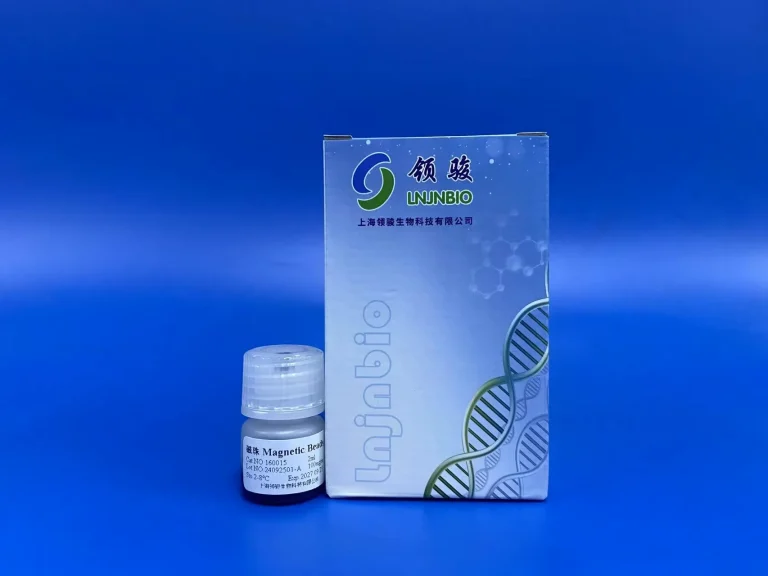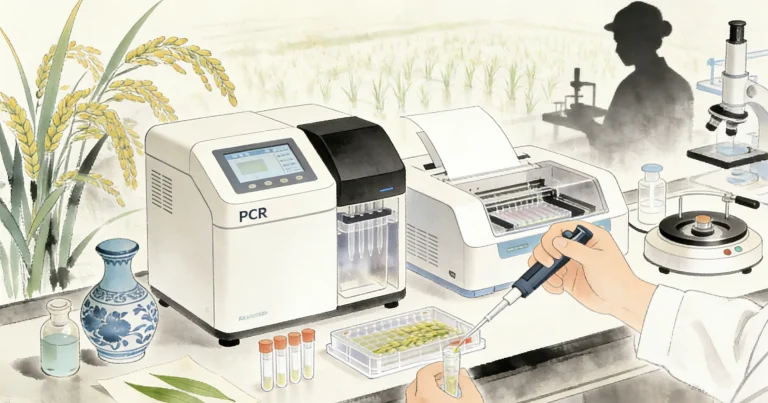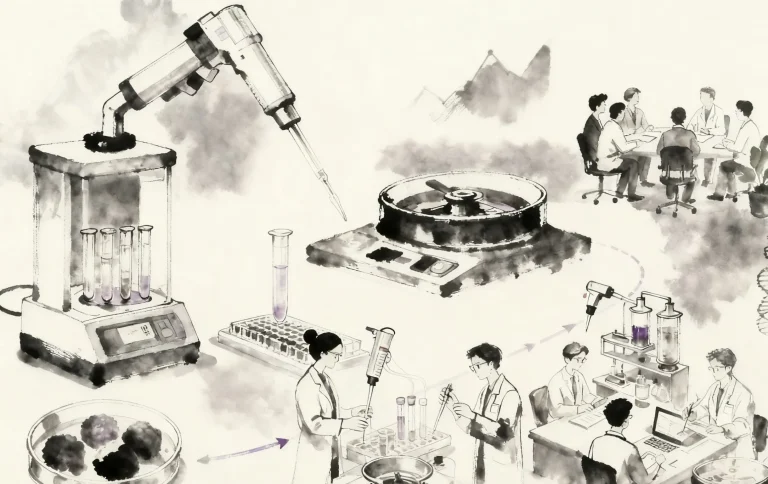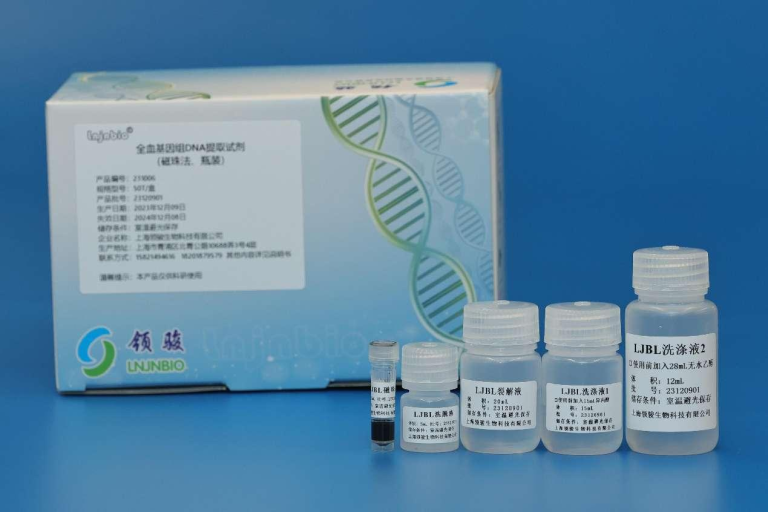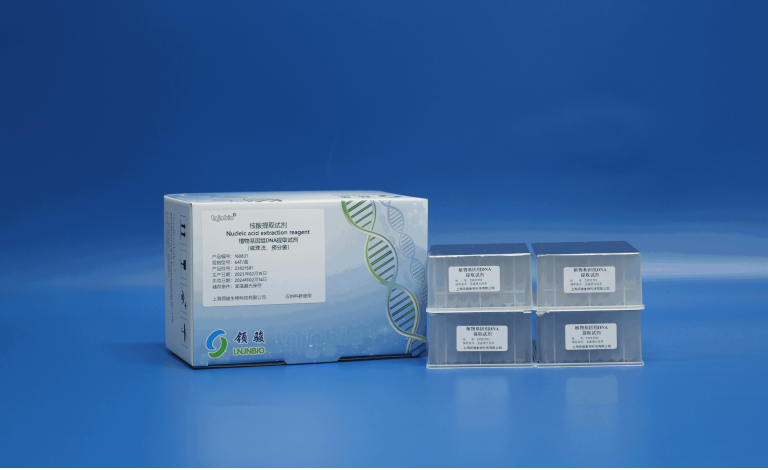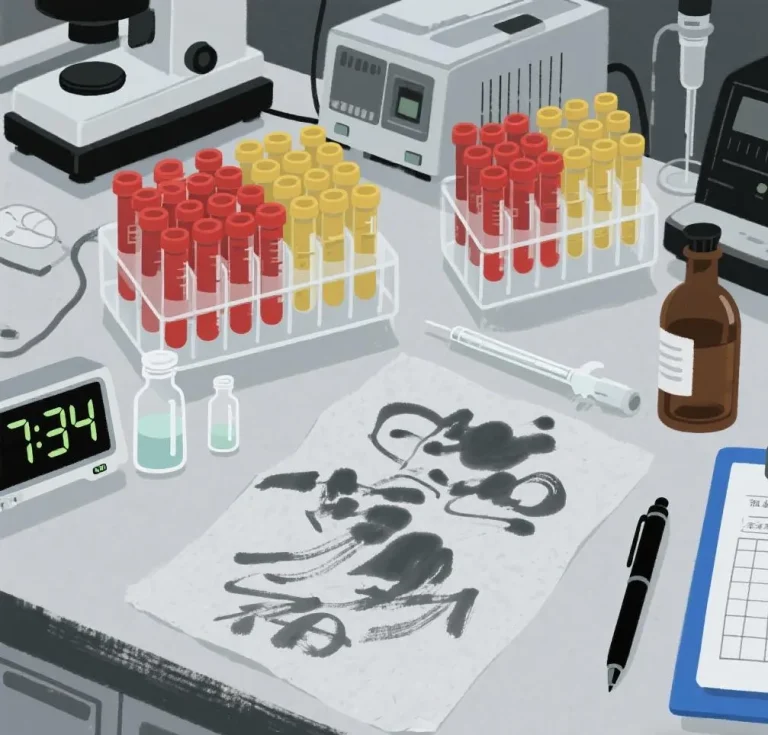Professional Manufacturer of Biomagnetic Beads

What are the differences in the storage conditions of carboxyl magnetic beads
1. Key Differences Summary
Storage temperature critically affects the physical dispersion, chemical stability, and bio-conjugation efficiency of carboxyl magnetic beads. Comparative analysis:
| Parameter | Room Temperature (15–25°C) | 4°C Refrigeration |
| Dispersion Stability | Irreversible aggregation likely | Uniform dispersion maintained |
| Carboxyl Hydrolysis | Accelerated (3–5× faster vs. 4°C) | Significantly suppressed |
| Microbial Risk | High (aqueous buffers) | Negligible |
| Shelf Life | ≤3 months (formulation-dependent) | ≥12 months (manufacturer standard) |
| Pre-use Handling | Direct use | Equilibrate to RT + vortex mixing |
2. Underlying Mechanisms
2.1. Aggregation Phenomena
Room Temperature: Enhanced Brownian motion promotes irreversible aggregation via hydrophobic/magnetic interactions (requires sonication, risking surface damage).
4°C: Reduced kinetic energy minimizes bead interactions (re-suspension achievable by gentle vortexing).
2.2. Carboxyl Group Degradation
Hydrolysis of surface ester bonds (–COOH) follows the Arrhenius equation:
k=A⋅e −E a /RT
(k: hydrolysis rate constant; T: absolute temperature; R: gas constant)
Rate increases 2–3× per 10°C rise, reducing conjugation capacity at RT.
2.3. Contamination Potential
RT promotes microbial growth (bacteria/fungi), potentially clogging bead pores or releasing proteases.
3. Operational Guidelines
3.1. Storage Protocols
Long-term: 4°C refrigeration mandatory (freezing causes ice crystal damage).
Short-term: RT storage ≤24 hrs permitted if protected from light/agitation.
3.2. Pre-use Protocol

*Note: Equilibration prevents condensation-induced dilution; use pH 5.0–7.4 buffers (e.g., MES, PBS).*
3.3. Quality Control
Discard beads if:
Aggregation persists post-vortex/sonication
Solution appears cloudy or flocculent
Conjugation efficiency drops >20% vs. control
Supplier
Shanghai Lingjun Biotechnology Co., Ltd. was established in 2016 which is a professional manufacturer of biomagnetic materials and nucleic acid extraction reagents.
We have rich experience in nucleic acid extraction and purification, protein purification, cell separation, chemiluminescence, and other technical fields.
Our products are widely used in many fields, such as medical testing, genetic testing, university research, genetic breeding, and so on. We not only provide products but also can undertake OEM, ODM, and other needs. If you have a related need, please feel free to contact us .

